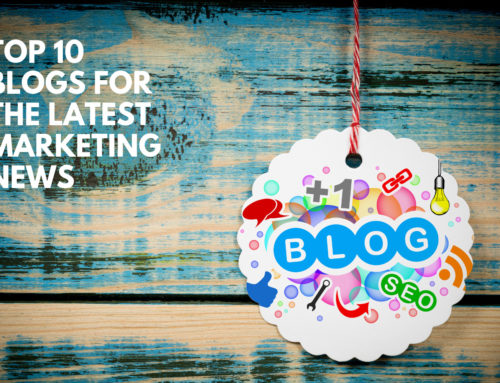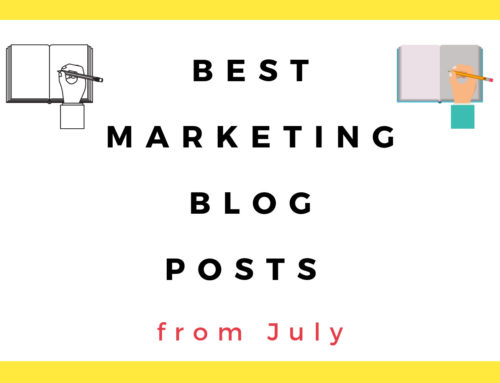How to Implement PPC Automation Into Your Marketing Strategy
Automation is changing nearly every industry for the better, including the wonderful world of marketing.
Automating certain marketing processes helps you save time and money, reduces errors, improves ad quality, and makes it easy to scale your marketing operations, including PPC. Implementing pay-per-click advertising is one of the most popular ways of reaching new audiences, ensuring you only pay if users click on your ad. Automation is changing the way marketers approach PPC advertising, helping them make the most of their time as they create ads, bid on keywords, and analyze the results of their efforts.
However, PPC automation is only successful if you use these programs effectively. Simply taking a backseat to the PPC process isn’t necessarily a recipe for success. Learn how to use PPC advertising effectively to make the most of your ad spend as you attract more visitors to your website.
Automation vs. Workflow
When implementing automation into your PPC strategy, you need to decide what’s going to be automated and what’s not. The key to successfully implementing this technology is striking the right balance between machine and human involvement. If you leave everything to the machines, your PPC strategy is likely to suffer as you miss out on new opportunities. But if you’re still choosing to do everything the old-fashioned way, you’ll waste valuable time and money.
In terms of PPC management, some aspects are better left to the machines than others.
For example, automatic bids can help you find the right keywords at the right price in a matter of seconds, instead of lowering and raising your bids manually. Yet, automatic budget pacing won’t likely yield the same results. You’ll still need to monitor the success of your campaigns based on your KPIs and make decisions within your department in terms of how and where you should be spending your money. After all, a machine can’t read your mind when it comes to the future of your company and looking at the big picture.
Routine processes such as placing bids, generating performance reports, allocating funds, and targeting certain users can all be automated, but more complex processes such as creating and optimizing tailored ads, reviewing and adjusting your KPIs, and budget pacing are typically best left to humans.
Making Sense of the Data and Machine Learning
Using automation effectively all comes down to machine learning. After all, these machines are only as good as the information you feed them. Your role as a PPC manager needs to shift away from rapidly pushing buttons and move towards data analytics and looking at the bigger picture.
Machines can calculate data and generate reports in a matter of seconds. It’s then up to you to determine how to use that data as you go about perfecting your PPC strategy.
In the digital age, there’s no shortage of marketing data to draw from, but you need to decide what’s essential and what’s not as you program these PPC automation tools. Plugging the wrong data into these machines will make them ineffective, leading to wasted marketing dollars.
For example, incorporate a range of different factors when automating bids, instead of focusing just on Last Click Attribution. Continue the machine learning process until these programs create a workflow that works for your business.
Using PPC Automation to Scale Your Operations
One of the biggest benefits of using PPC automation is the ability to scale your operations. Once you understand and perfect the automated workflow, you can quickly scale up your marketing efforts to expand your reach.
Automated PPC programs will regularly offer recommendations, but you’ll need to decide which option is right for your business, which takes time, planning, and plenty of trial and error. Once you’ve settled on the right recommendation, these programs make it easy to implement them going forward, so you don’t have to repeat the same process for every PPC campaign.
From deleting poor-performing keywords to placing bids on new ones, automating the PPC process helps you save time and money so you can spend your days perfecting your strategy and analyzing the results instead of rapidly clicking your way through the Google Ads interface. PPC automation doesn’t mean leaving everything to the machines. Strike the right balance between automation and manual workflows to make the most of this new technology.
If you’re looking for more information on PPC automation and the latest marketing trends, be sure to sign up for a digital marketing convention.





